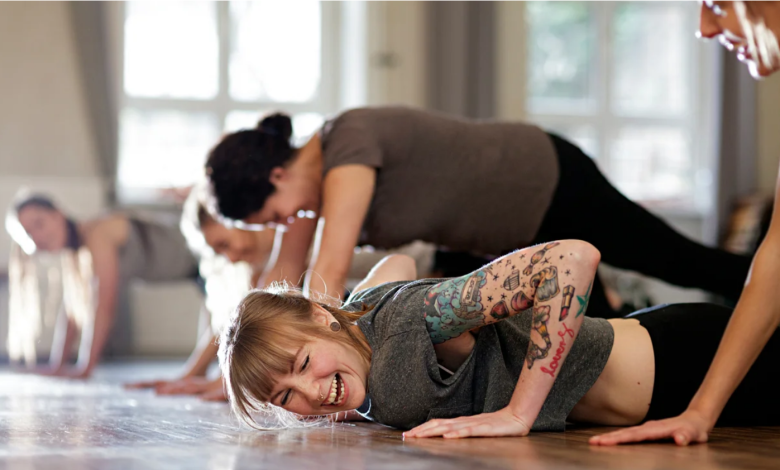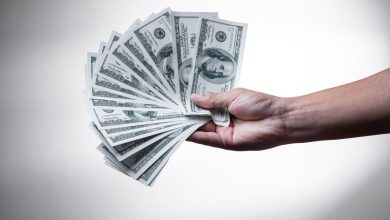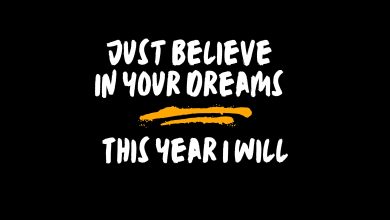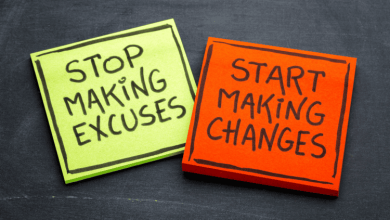How I Learned to Stop Comparing Myself to Others .

Like a lot of people, I have a complicated relationship with social media. On one hand, I love that it allows me to stay in touch with old friends, forge new connections, and learn more about practically any and every topic I could ever be curious about.
But if I’m not careful and intentional about when and how I spend my time on social media, I wind up scrolling for hours, incessantly comparing myself to other people and their lives, careers, and accomplishments. It makes me question where I’m at in life, and, even though I’m very aware that measuring myself by my feed is a net-negative exercise, I still do it.
Social comparison has existed as long as humans have. It gives us a way to gauge how we’re doing relative to other people and make sense of our own (and others’) abilities, social standing, and performance. In that sense, comparing ourselves to our fellow humans can be beneficial, to a degree, and may help us navigate the world more smoothly, Ethan Kross, PhD, a professor of psychology at the University of Michigan and author of Chatter: The Voice in Our Head, Why It Matters, and How to Harness It, tells SELF. Someone else’s loving relationship may inspire you to seek out your own, or maybe your entrepreneur friend has motivated you to pursue your passion.
However, social media has taken this very human, primitive thing and intensified it. People tend to post about their successes rather than their failures, and it can seem like everyone is killing it at work and in their relationships. Since our phones are practically attached to our hands, we’re also able to get a glimpse at other people’s lives 24/7—meaning we have way more opportunities to check in and compare (and feel inadequate) than we did pre-Instagram. “When we tune in to social media and we look at the glorified posts of others, that can make us feel upset or envious and lead our positive mood to diminish,” Dr. Kross says.
It’s really easy and natural to get tangled in a trap of self-comparison that makes you feel bad about yourself. But it’s also possible to break the cycle and go easier on yourself when navigating through the minefield that is social media. Here’s how, according to the experts I spoke with:
1. Remind yourself that social media isn’t always accurate.
If your friends’ (or celebrities’ or influencers’) posts tend to make you feel inadequate or envious, remember that they’re showing a sliver of their lives. Social media is heavily curated—it’s a “snippet of a moment, not the fully fleshed out reality,” Janelle S. Peifer, PhD, a licensed clinical psychologist and assistant professor at the University of Richmond who researches identity and intercultural competence, tells SELF. These picture-perfect posts can make it appear as though people are doing better than you, and this constant upward social comparison (when you measure yourself against people you perceive as superior) can take a massive toll on your self-esteem.
Advertisement
Even though you may know, intellectually, that social media isn’t real life (yes, including “Instagram vs. reality” posts), your brain, again, is hardwired to engage in social comparison, so it may need the reminder. Next time you catch yourself self-comparing online, remember that Instagram and TikTok posts rarely show the full picture—and the picture that is shown is often filtered or otherwise edited—and that it’s not fair to judge yourself against these false ideals, Dr. Peifer says. Simply acknowledging this can help you foster a more realistic evaluation of yourself and others, she adds, so your self-worth doesn’t take a hit.
2. Take note of your scrolling habits.
Dr. Peifer recommends taking stock of how you use social media and tracking when you’re most likely to scroll and compare yourself to others. Do you go down a rabbit hole when you’re already feeling anxious or depressed? Or do you maybe tend to scroll after a productive, fulfilling day?
You can use a journal or a mood-tracking app (or even just make a mental note) to monitor when you typically go on social media, and how you feel when you do. “Notice, without judgment, the trends and what they may indicate,” Dr. Peifer says. Once you’re aware of any patterns, you can then try to modify your behavior—by turning off your Twitter notifications if “personal news!” threads cause you to spiral at night or resisting the urge to look at your phone first thing in the morning if it immediately derails your day.
It can be helpful to note how long your scrolling sessions tend to last. Research shows that the more time people spend on social media, the more frequently they self-compare and the lower their self-esteem gets. So pay attention to how much you can tolerate, Dr. Kross says. If you realize that an intentional 15-minute check-in doesn’t bring you down, say, but an hour of scrolling sends you reeling, you can set limits for yourself and exit the apps when the allocated time’s up. “Try to augment the way you use the technology to improve the way you feel,” Dr. Kross adds.
3. Be deliberate about who you follow.
You want your online world to be just as safe and supportive as the real-world communities you’re a part of, Dr. Peifer says. She recommends jotting down the accounts you engage with the most and thinking about whether you negatively compare yourself to them and, if so, how that makes you feel.
If certain accounts regularly cause you to feel anxiety, shame, or self-doubt, muting or unfollowing them can protect your peace and allow you to focus on the folks who have a positive effect on your well-being. And think twice before adding new accounts, Dr. Peifer says. Rather than mindlessly following anyone and everyone, she recommends doing a little more research, or asking your community, before you tap follow.
4. Invest in real-life relationships.
Self-comparison happens offline, too, but it’s not as distorted and obnoxiously in your face as it is through social media. In real-world interactions, you have access to more details and context; the information you take in IRL isn’t limited to strategically curated photos or 280 characters. You can actively engage in conversations (which also offers a clearer grasp on others’ situations) and opt to surround yourself with people you trust and feel comfortable with, Dr. Peifer says.
The benefits of in-the-flesh companionship are well-documented in scientific research. Having solid friendships can protect you from the harms of daily stress and improve your mood. Real-world relationships may help mitigate the negative consequences of comparing yourself to others online—they can “make the stakes of online relationships feel less high and more balanced,” Dr. Peifer says. (Your college roommate’s “stunning” wedding might not make you feel as bad about your single status if you have real-life confirmation that you are, in fact, lovable.) Next time social media comparison has you questioning yourself, Dr. Peifer recommends swiping out of the app and texting or calling a friend. (If you don’t yet have a solid social support system, you’re definitely not alone. SELF’s guide to making friends as an adultmight help.)
5. Take breaks from social media.
My go-to solution when I get sucked into the self-comparison cycle: Delete the apps from my phone and forget that social media even exists. I’ve found that getting rid of my apps removes the temptation to scroll and helps me clear my head. And it turns out, I might be onto something—research suggests that even a one-week social media cleanse can help you avoid self-comparing and improve your mental health and well-being. Social media engages the brain’s reward center, making it potentially addictive. Because of this, “We may need more of it over time to get the same feeling, [and] persist using it even if it’s damaging, [or if we] have trouble stopping and consume more than intended,” according to Dr. Peifer.
Taking a break—or, at the very least, silencing notifications—can clue you into just how hooked you’ve become while giving you the time and space to explore other less toxic activities, Dr. Peifer says. In my case, this distance helps me put my perceived shortcomings into perspective and realize that other people’s posts, no matter how flawless they may seem, ultimately don’t matter and that I’m actually doing quite all right. I’m not a therapist, but I bet that if you take a social media break or pause when it’s not feeling good, you’ll find that you’re okay too.



